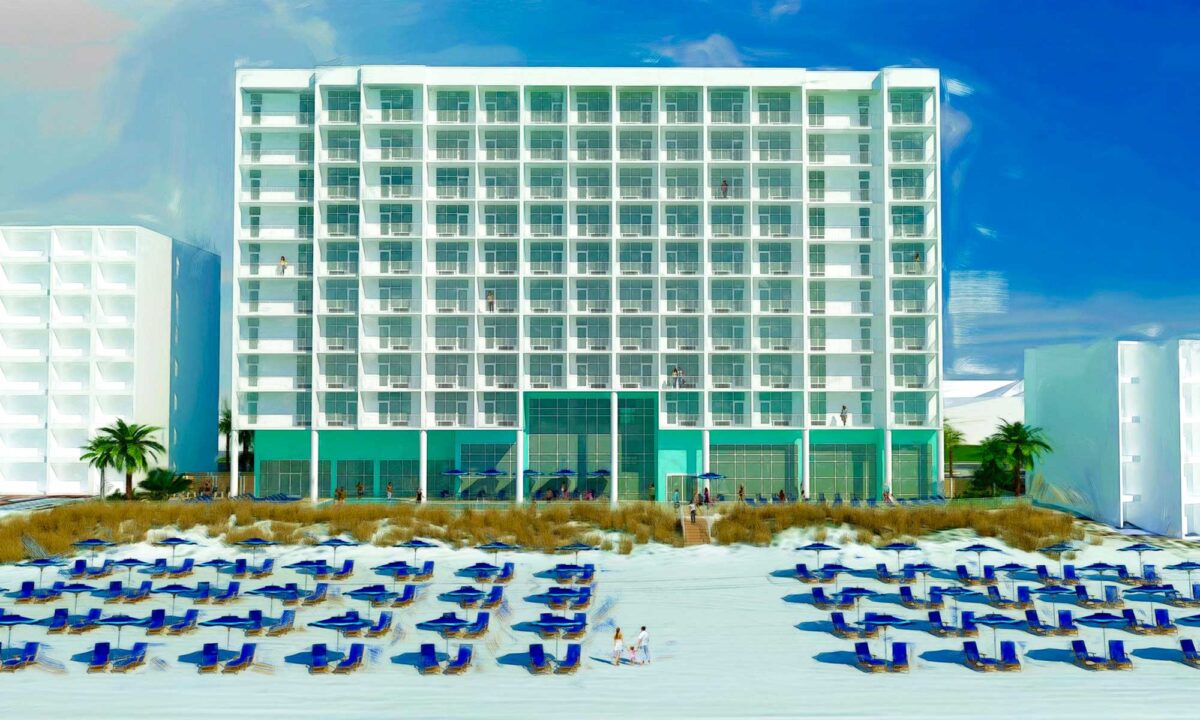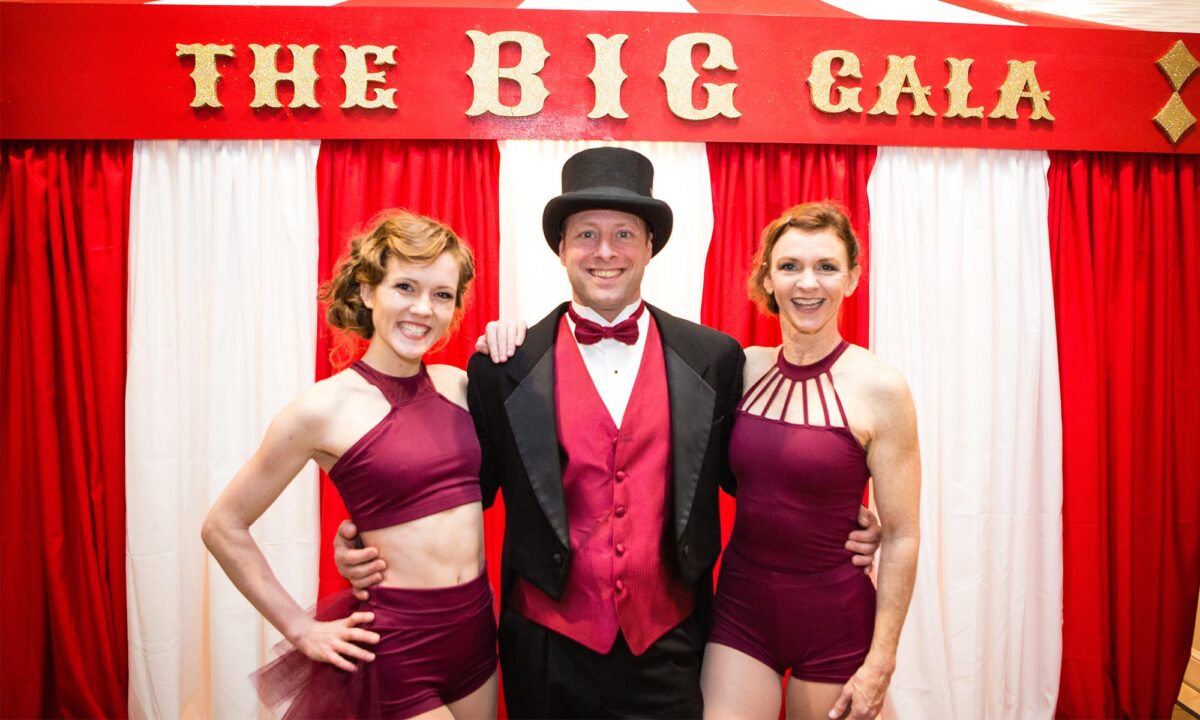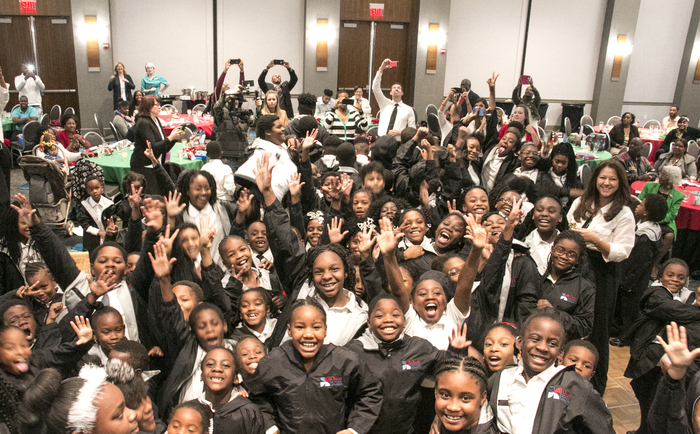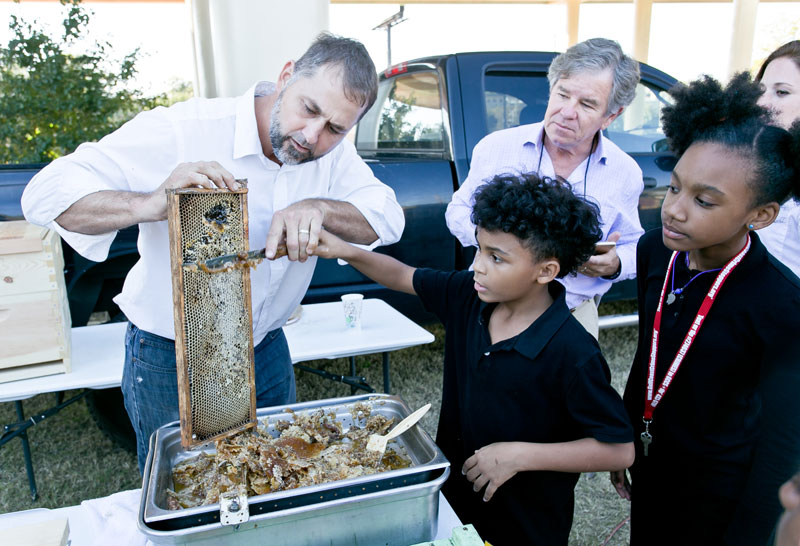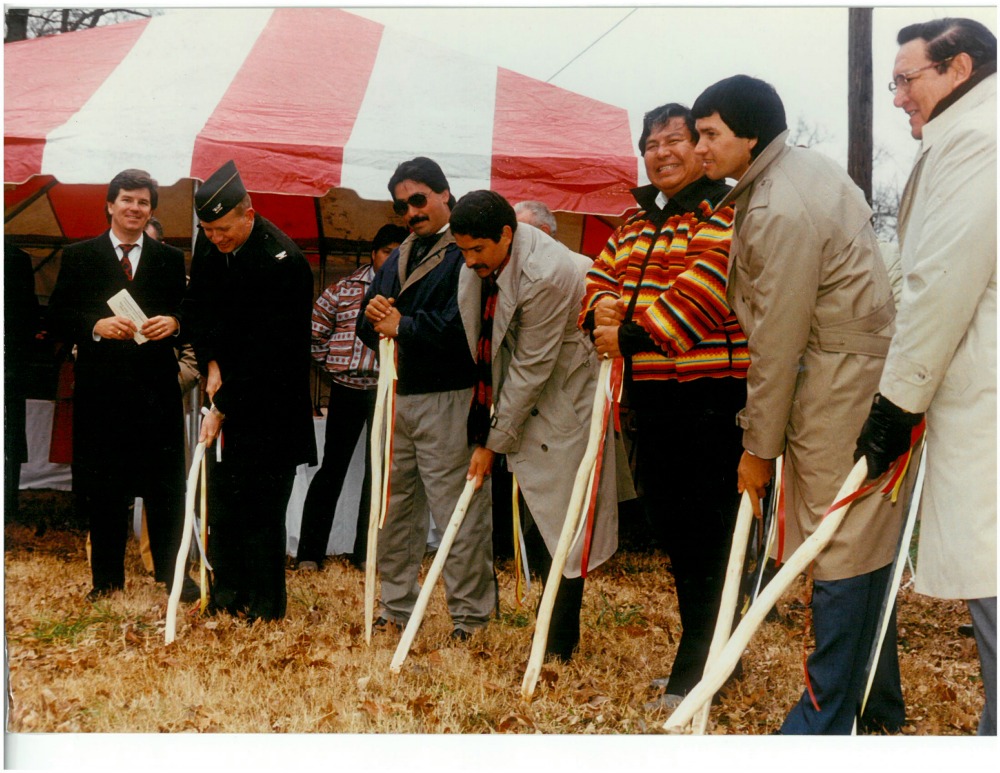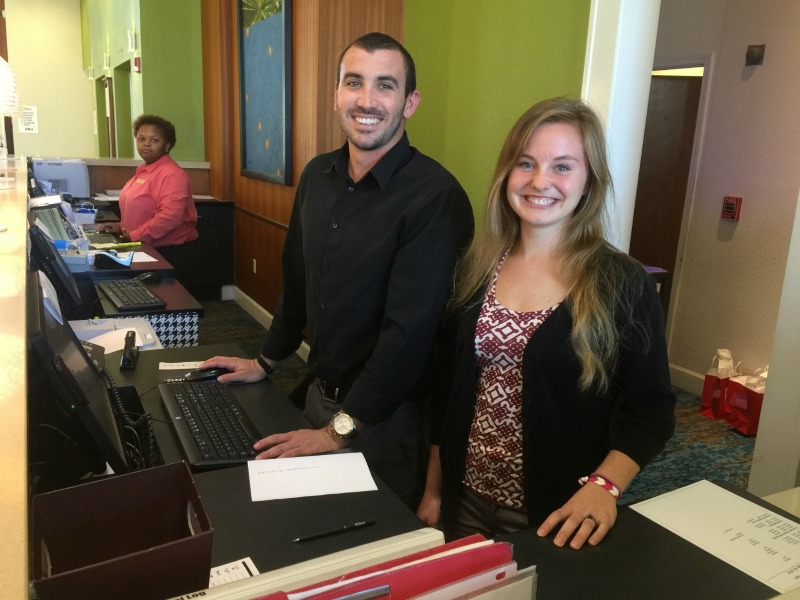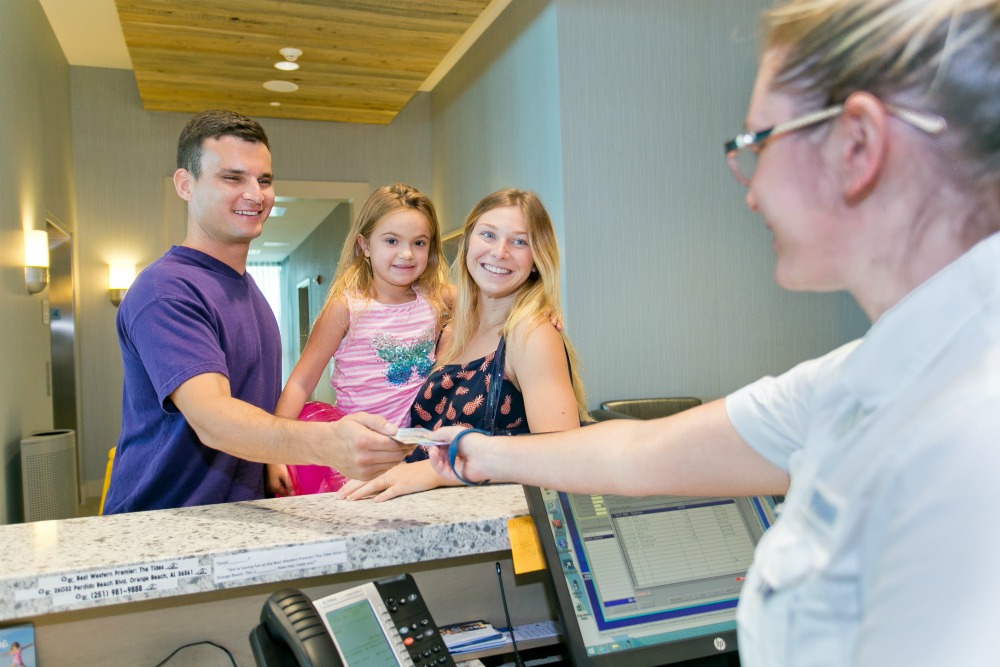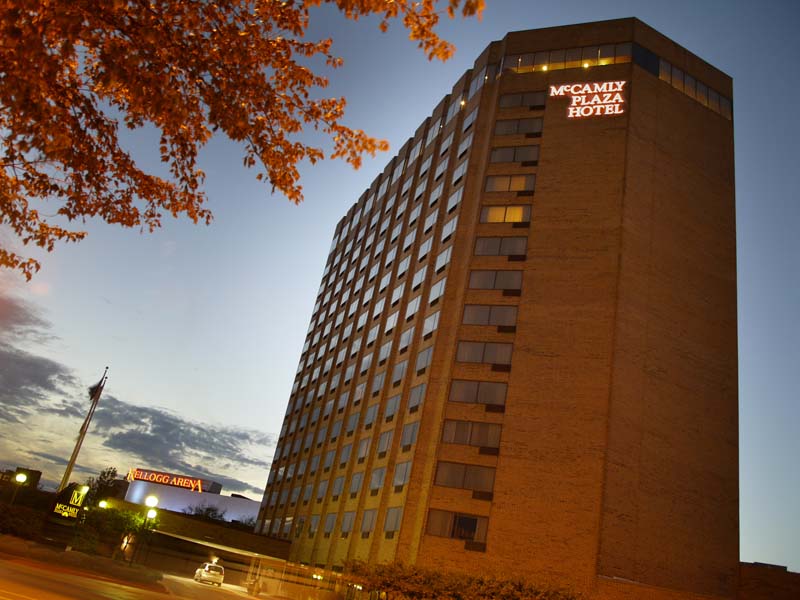When Opportunity Knocks: Innisfree in a New Year
Innisfree Poised for Growth in 2017
As we enter a brand new year, Innisfree is growing – and so are our opportunities.
In 2017, our company has the opportunity to open new hotels in such desirable destinations as South Beach, Atlanta, San Antonio, Amelia Island and New Orleans.
It’s no secret that all of these locations fit our niche of resort markets. As major franchise companies reach out to Innisfree, entrusting us with new properties under their hotel flags, it also speaks highly to the quality of our operations.
Innisfree will open six new hotels in 2017, while adding at least four new managements contracts to our portfolio in the early months of the year.
“These opportunities are coming at us a million miles an hour,” says Vice-President of Operations Jason Nicholson. “It just goes to show that opportunities are available to those who have the passion, and have done their homework to be ready.”
To prepare for these new opportunities and the accompanying challenges, Innisfree has spent the past two years modeling how to scale our operational, marketing and development processes in order to take over new properties, particularly during a very intense 2016, when we assumed operations of five hotels.
We have refined both our hotel takeover and new hotel opening checklists, so we are now equipped to take on at least ten new properties in 2017.
Nine of those ten hotels need to be fully staffed, with an average of 40 teammates per hotel.
We have to build teams, build business bases, build websites – all at locations that are currently just brick and mortar. It is our job and our distinct privilege to bring these hotels to life, so our guests may have the opportunity to create fun, memorable experiences with us.
What makes this most exciting is we’ll need new GMs, new management teams, new maintenance crews, new housekeepers, new accounting managers – everything. This is an excellent opportunity both for internal and external candidates. (To those already working for Innisfree with the passion, now is the time to express interest to your Regional Director.)
Here’s a breakdown by numbers. In 2017, we’re adding 1,200 hotel rooms. That means:
- Purchasing 80 new housekeeping carts
- 1,300 new uniforms
- 320 nametags
- Filling 8 swimming pools
- Buying 700 new pool lounge chairs
- Programming 32 new computers
In addition to the new properties, we’ll also undergo a full renovation of our Hilton and Hampton Pensacola Beach, Hilton Garden Inn and Holiday Inn Express Orange Beach.
“As we mature as a company, we realize the importance of capital expenditures at all properties, keeping them fresh for our guests and our franchises,” Nicholson says.
To achieve this, the operations team will shift the responsibility of renovations to Innisfree’s Development Department, helmed by Director of Development Rich Chism. These are our builders, our designers, our contractors – this is what they do and they do it better than anyone in the industry.
As we grow bigger, so do our resources. To that end, we have worked hard to create new support systems for our managers.
While our development team seeks out new opportunities, our in-house marketing team determines how best to promote and maintain strong relationships with every property, Finance ensures our growth is responsible and sustainable, Human Resources works to seek out new candidates while supporting current employees, and our corporate culture becomes stronger.
In 2017, Innisfree welcomes the Intranet, allowing us to connect, collaborate and easily access resources such as SOPs and partners at other properties.
“In the formative years of Innisfree, oftentimes available cash flow was allocated strictly to the operation and growth of the business, with not a lot left over to improve the physical product from year to year,” says President Mike Nixon.
Between the oil spill and subsequent recession, we were in crisis mode.
“Now that those are behind us,” Nixon says, “we’re redirecting those resources back into our hotels, while investing in new properties to grow the future of Innisfree.”
– Ashley Kahn Salley
Lead Storyteller, Innisfree Hotels

